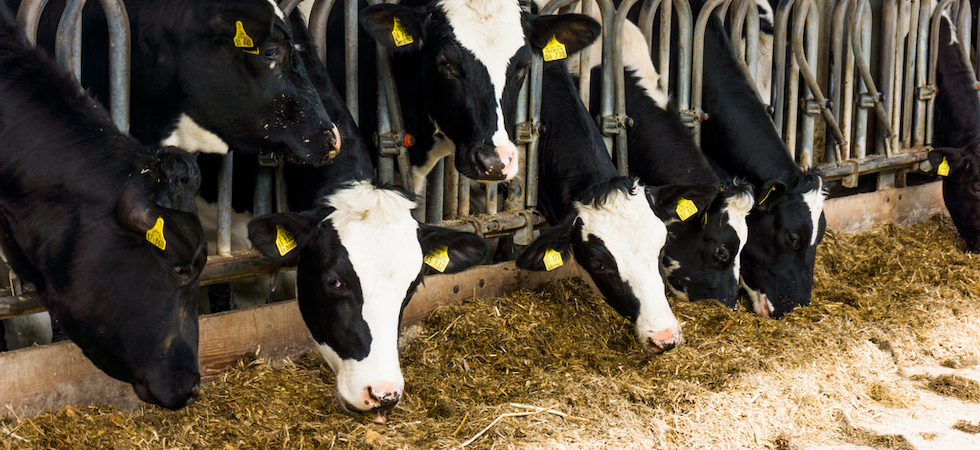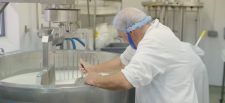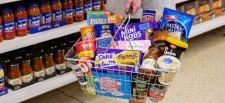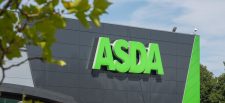Economic analysts, ING, has published an in-depth analysis of the EU’s Farm to Fork (F2F) strategy, a central aspect of its Green Deal, with specific focus on the impact of this strategy on the EU’s dairy sector.
In the article, ING examines the F2F programme’s targets, including its goal to have at least 25% of all farmland under organic farming in 2030 and its potential to bring about change in EU farming, while also looking at obstacles that will ultimately determine if it will be successful.
The article highlights the impact from the strategy and the targets that underpin it on the dairy sector. The target of at least 25% of total farmland for organic farming in 2030 will have a potentially significant economic impact on dairy farmers and companies.
ING’s research highlights that this is a complex target to reach because it involves commitment from every stakeholder in the value chain, a balance that is hard to reach within the dairy supply chain, from farmer to consumer.
Thijs Geijer, senior economist at ING and report author commented: “The F2F strategy has high ambitions in changing Europe’s farming ecosystem for the better, placing sustainability at the heart of farming practices. While much needed, the effects of this will be felt by Europe’s farmers, food producers and consumers due to the costs that come with such a transition. When taking the dairy sector as an example it becomes clear there are there are several major obstacles to overcome with regard to supply, consumer demand and public policy before the F2F ambitions can be met.”
Kiran Sanchit, managing director, head of food and agri at EMEA, ING, added: “While aspects of the F2F strategy are still being debated in Brussels, the Green Deal and specifically the Farm to Fork strategy confronts the food and farming industry with the reality that a major transition towards climate neutral operations is expected across the board. The focus on an organic target of 25% in the Farm to Fork strategy seems not (yet) to be fully embraced by most of the major companies in the dairy industry looking at most of these company’s current sustainability strategy and targets. These tend to focus more on GHG and methane emissions through other routes than only organic. Are there actually more roads that lead to Rome instead of setting an organic target only? Still, by taking a pro-active and ambitious approach in sustainable KPI setting and including these in for example financing arrangements, companies are better positioned to contribute to the Green Deal in any way or form and I believe this will benefit the success of their entire business.”
You can access the full article here.









